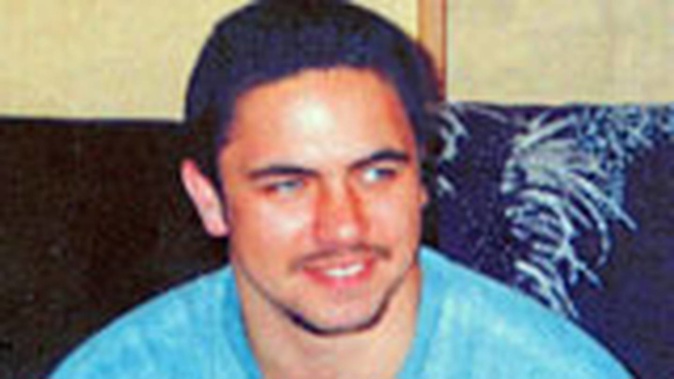
The family of a young man fatally shot by police more than two decades ago have taken his case to the Court of Appeal seeking a ruling that his right to life was breached.
Steven Wallace was killed by police in April 2000 following a brief rampage on the main street of Waitara.
"For reasons that are still not understood today, in the early hours of 30 April 2000 Steven Wallace became extremely angry," Justice Rebecca Ellis said in a High Court ruling on the case last year.
"He vented his anger by breaking windows at the Waitara Police Station and then along the main street of the town using a set of golf clubs and a baseball bat. When police arrived at the scene, he struck the windscreen of the patrol car with one of the clubs.
"Two officers then went to the nearby police station. They armed themselves with police regulation Glock pistols and returned to the scene.
"Sixty-four seconds later, Steven Wallace had been shot four times and was lying in the middle of the road, mortally wounded. He died on the operating table at 9.05am, that same morning.
"From the first to the last, Steven Wallace's encounter with police lasted six minutes. He was 23 years old."
Constable Keith Abbott, who fired the fatal shot, was acquitted of murder in 2002 in a private prosecution brought against him by Wallace's family.
The family later sought a civil ruling from Justice Ellis in the High Court that Wallace's right to life under the Bill of Rights Act had been breached.
Last year, Justice Ellis declined to make such a declaration, saying Abbott had shot Wallace in self defence and that she found he "genuinely and reasonably believed that his life was in immediate danger".
She did find there had been a failure to conduct an inquiry that met the investigative
obligation inherent in the section of the Bill of Rights Act dealing with deprivation of life.
She also said the Solicitor-General should have given reasons for declining to prosecute Abbott over Wallace's death, following release of the Chief Justice's judgment in June 2002.
/cloudfront-ap-southeast-2.images.arcpublishing.com/nzme/476T5IP2XG6TXHMZFS4V2F4IFY.jpg)
Steven Wallace's family are pursuing a civil case over his death. Photo / Supplied
The family are now appealing Justice Ellis' ruling.
In the Court of Appeal in Wellington today, Wallace's lawyer Graeme Minchin said agreed statements of the fact used in the criminal trial were inconsistent with the evidence and should have been challenged.
He said Justice Ellis used these statements of fact as a foundation for her decision and would have considered them to be indisputable when they were "clearly not".
"The prosecuting counsel should not have admitted these things as fact when they were open to challenge," he said.
"No reasonable prosecutor should have admitted these highly prejudicial statements without subjecting the maker of the statements to a rigorous examination."
One example was evidence from two witnesses who said they heard Wallace say "I'm going to f*** you up" directly before the shots were fired.
But other evidence showed the witnesses would have been about 300m away around a corner, and could not have identified Wallace and saying the words and would likely not have been able to hear him either, Minchin said.
He also said Abbott should not have physically confronted Wallace.
"You don't approach a person who is clearly in an enraged state and expect them to behave rationally," he said.
"There's only minutes till the dog squad arrived, they should have just held back."
The hearing is set to continue today and tomorrow.
Take your Radio, Podcasts and Music with you









